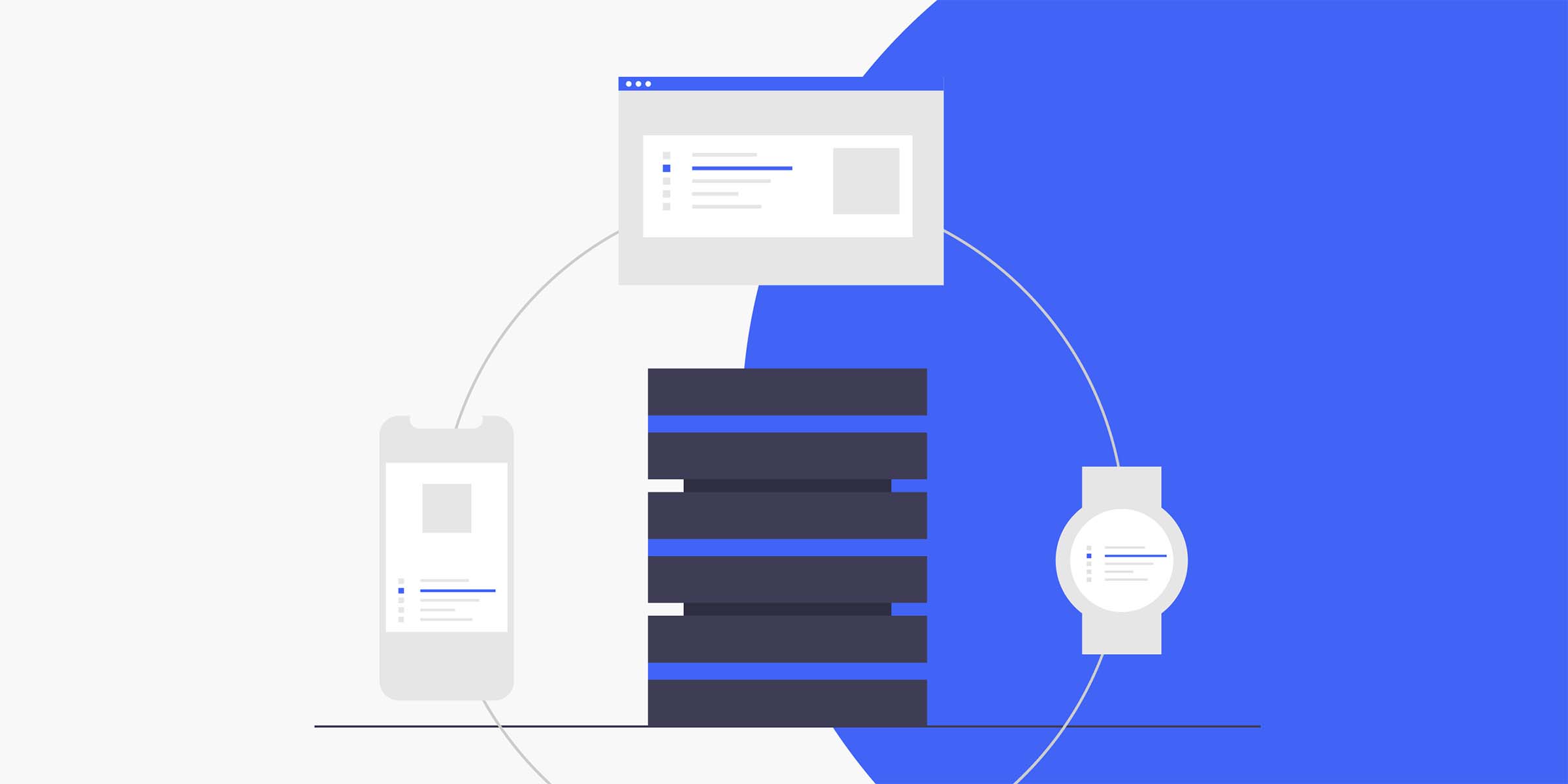Residential Proxies
Allowlisted 200M+ IPs from real ISP. Managed/obtained proxies via dashboard.

Proxies
Residential Proxies
Allowlisted 200M+ IPs from real ISP. Managed/obtained proxies via dashboard.
Residential (Socks5) Proxies
Over 200 million real IPs in 190+ locations,
Unlimited Residential Proxies
Use stable, fast, and furious 700K+ datacenter IPs worldwide.
Static Residential proxies
Long-lasting dedicated proxy, non-rotating residential proxy
Dedicated Datacenter Proxies
Use stable, fast, and furious 700K+ datacenter IPs worldwide.

Web Unblocker
View content as a real user with the help of ABC proxy's dynamic fingerprinting technology.
Proxies
API
Proxy list is generated through an API link and applied to compatible programs after whitelist IP authorization
User+Pass Auth
Create credential freely and use rotating proxies on any device or software without allowlisting IP
Proxy Manager
Manage all proxies using APM interface

Proxies
Residential Proxies
Allowlisted 200M+ IPs from real ISP. Managed/obtained proxies via dashboard.
Starts from
$0.77/ GB
Residential (Socks5) Proxies
Over 200 million real IPs in 190+ locations,
Starts from
$0.045/ IP
Unlimited Residential Proxies
Use stable, fast, and furious 700K+ datacenter IPs worldwide.
Starts from
$79/ Day
Rotating ISP Proxies
ABCProxy's Rotating ISP Proxies guarantee long session time.
Starts from
$0.77/ GB
Static Residential proxies
Long-lasting dedicated proxy, non-rotating residential proxy
Starts from
$5/MONTH
Dedicated Datacenter Proxies
Use stable, fast, and furious 700K+ datacenter IPs worldwide.
Starts from
$4.5/MONTH
Knowledge Base
English
繁體中文
Русский
Indonesia
Português
Español
بالعربية

Load Testing with Residential Proxies
In the digital age, conducting load testing is essential for ensuring the optimal performance and reliability of websites, applications, and online services. Load testing involves simulating realistic levels of user activity to assess how a system behaves under various conditions. One crucial element of effective load testing is the use of residential proxies. In this blog post, we will explore the significance of residential proxies in load testing, how they work, and the benefits they offer.
Before delving into the role of residential proxies in load testing, let's first understand what load testing entails. Load testing is a type of performance testing that examines how a system performs under a specific load. This load is usually determined by simulating a realistic number of users accessing the system simultaneously. By doing so, organizations can identify performance bottlenecks, pinpoint weaknesses, and ensure that their systems can handle the expected workload without issues.
Residential proxies play a crucial role in load testing by providing testers with a pool of IP addresses that are associated with residential networks. Unlike data center proxies, which are easily detectable and can lead to inaccurate test results, residential proxies appear as real users accessing the system. This level of authenticity is essential for conducting accurate load tests that mirror actual user behavior.
Residential proxies work by rerouting your internet traffic through a residential IP address provided by an Internet Service Provider (ISP). When conducting load testing, each virtual user is assigned a unique residential proxy IP, simulating authentic user connections to the system. This ensures that the load test results are reliable and reflective of real-world scenarios.
1. **Enhanced Anonymity**: Residential proxies offer a high level of anonymity, ensuring that your load testing activities remain confidential and secure.
2. **Accurate Results**: By using residential proxies, you can obtain accurate and reliable load testing results that reflect real user interactions with the system.
3. **Avoid Detection**: Residential proxies help you avoid detection by websites and servers, allowing you to conduct load tests without the risk of being blocked or flagged.
4. **Scalability**: With a pool of residential IP addresses, you can easily scale up your load testing efforts to simulate large numbers of virtual users without compromising the authenticity of the test.
1. **Rotate IP Addresses**: To mimic diverse user traffic, regularly rotate the residential proxies' IP addresses during the load test.
2. **Monitor Performance**: Continuously monitor the performance of the system during the load test to identify any bottlenecks or issues that need addressing.
3. **Ensure Compliance**: When using residential proxies for load testing, ensure compliance with the terms of service of the proxy provider to avoid any legal issues.
Load testing is a critical aspect of ensuring the performance and reliability of digital systems. By incorporating residential proxies into your load testing strategy, you can conduct accurate, reliable tests that mirror real-world user interactions. The use of residential proxies offers enhanced anonymity, accurate results, and scalability, making them invaluable tools for load testing purposes. By following best practices and leveraging the benefits of residential proxies, organizations can optimize their systems and deliver a seamless user experience.
Featured Posts
Popular Products
Residential Proxies
Allowlisted 200M+ IPs from real ISP. Managed/obtained proxies via dashboard.
Residential (Socks5) Proxies
Over 200 million real IPs in 190+ locations,
Unlimited Residential Proxies
Use stable, fast, and furious 700K+ datacenter IPs worldwide.
Rotating ISP Proxies
ABCProxy's Rotating ISP Proxies guarantee long session time.
Residential (Socks5) Proxies
Long-lasting dedicated proxy, non-rotating residential proxy
Dedicated Datacenter Proxies
Use stable, fast, and furious 700K+ datacenter IPs worldwide.
Web Unblocker
View content as a real user with the help of ABC proxy's dynamic fingerprinting technology.
Related articles

How do porn proxies affect online privacy and security
This paper discusses the technical principles and potential impacts of porn proxy, analyzes how proxy IP balances privacy needs and network security, and introduces the role of abcproxy in related scenarios.